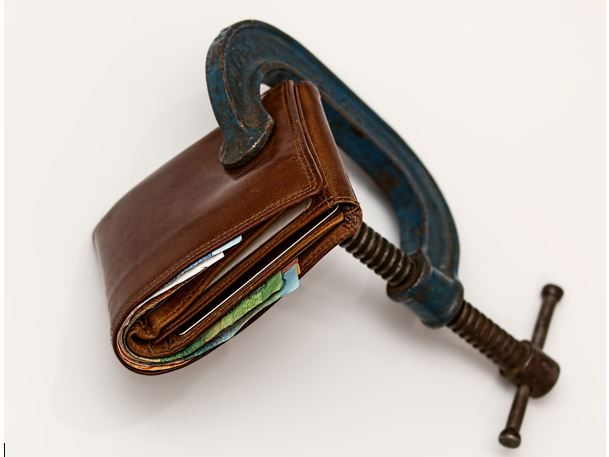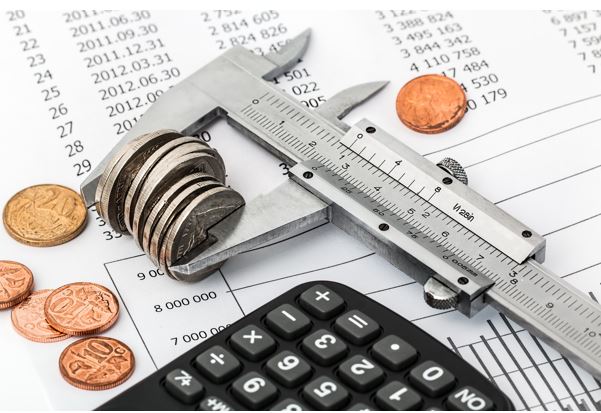The Dangers Of Debt
Over the last few decades, debt has become a more common occurrence. It’s also starting to be accepted as a natural part of life by many people. This is not surprising when you find out how many people are in debt.
4 out of 5 Americans are experiencing debt. Debt is also a common occurrence in Europe and Asia too, if to a far lower extent.
Despite how normalized debt has become, it can have serious consequences. This is particularly true if it gets out of control. High levels of debt can affect your credit rating with banks and other financial institutions.
This can make it harder to get a loan or apply for a credit card. But, there are also some indirect problems that high debt levels can cause. Having high debt can also raise anxiety and stress, which can have a range of negative effects on health.
Debt can also have a detrimental impact on relationships. A lot of people often blame debt as one of the factors behind relationship problems or break-ups.
This should emphasize the importance of staying out of debt. But, many people think that debt is just an unavoidable part of life. This is rarely the case though. Many Europeans and Australians live without debt or spend far less time in debt. Part of the reason for believing debt is unavoidable is that it can be hard to identify some debts, and ways around them.
So, we put together this guide identifying three common types of debt, and offering a few ways you can keep debt at bay for a happier and more prosperous life.
5 Types Of Debt And How To Prevent Them
1. Mortgage
This is one of the most common forms of debt worldwide. Unfortunately, it’s also one of the hardest debts to avoid. Rising house prices and stagnant wages mean it’s become harder to afford a home.
This has led to bigger mortgages and greater debt. Some mortgages now stand to last lendee’s the rest of their lives.
The simplest method of avoiding a mortgage is also the most commonly used in Europe. Renting.
By renting, you maintain the freedom to leave the property and move to a more expensive, or cheaper, home as needed. It also means you have no permanent debt if you lose your job or a recession hits.
There is also a second way to minimize or avoid debt when buying a house that is used far less. If you get a mortgage and buy a home, then rent all or some of the home to others.
This makes any debt from the mortgage a non-issue, as the house is paying for itself. Depending on how good a deal you get when buying the house, it may even be possible to come away with a profit each month.
Both of these methods can be used to minimize, or eliminate, one of the biggest sources of debt in your life, and maybe supplement your income too. This can help debt caused by lofty mortgages and make your living a little easier and more comfortable.
2. Student debt
Student debt has become one of the most common form of debt for Americans over the last few years, topping over a trillion dollars nationwide.
The high prevalence of student debts come from the high cost of college degrees and similar qualifications, and the length over which they’re carried out.
This means there’s a long time for interest to build up, as well as a long time where a student may not be in a position to make repayments due to studying.
This can be avoided through a combination of careful saving, applying for scholarships and grants, and getting a job while studying. All of these will require careful planning a few years before, and during, your time at college. But, it can help eliminate the need for a loan that can lead to one of the most persistent debts you can experience.
3. Credit card debt
This is another common debt that many people experience throughout their lives. High-interest rates and excessive spending can lead to spiraling debt, especially when using multiple cards.
The easiest way to avoid this debt is to simply avoid credit cards. But, this may not be possible for some who experience delays in funds.
So, instead, careful budgeting and prioritizing higher interest card bills can be used to keep credit card debt to a minimum.


